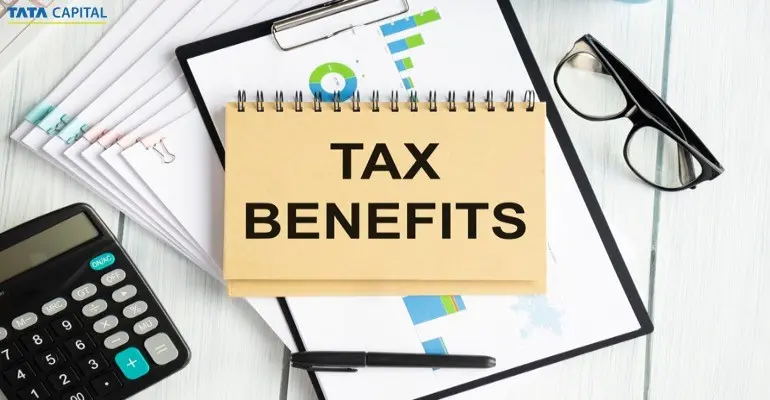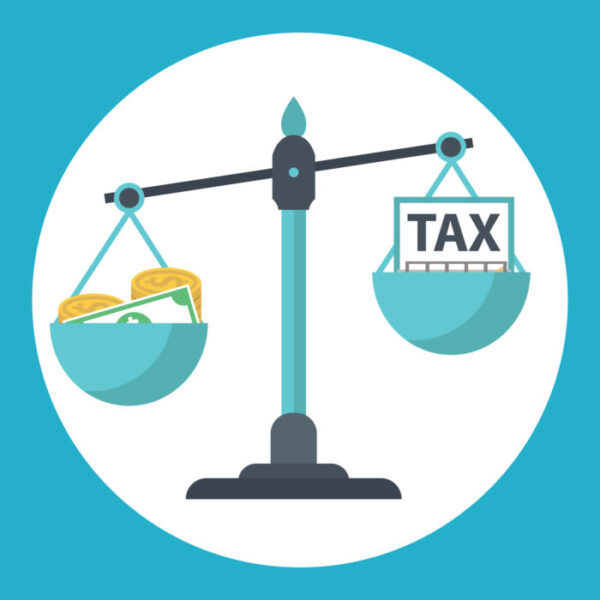Which home office expenses are deductions?
The home office deduction is one of the most popular deductions for self-employed taxpayers who have an office in the home. If you work from home, you may be entitled to above the line deductions for the following: The “direct expenses” of the home office include depreciation deductions for equipment, furniture, and fixtures directly related or used in the home office. The costs of painting or repairing the home office … Read more









